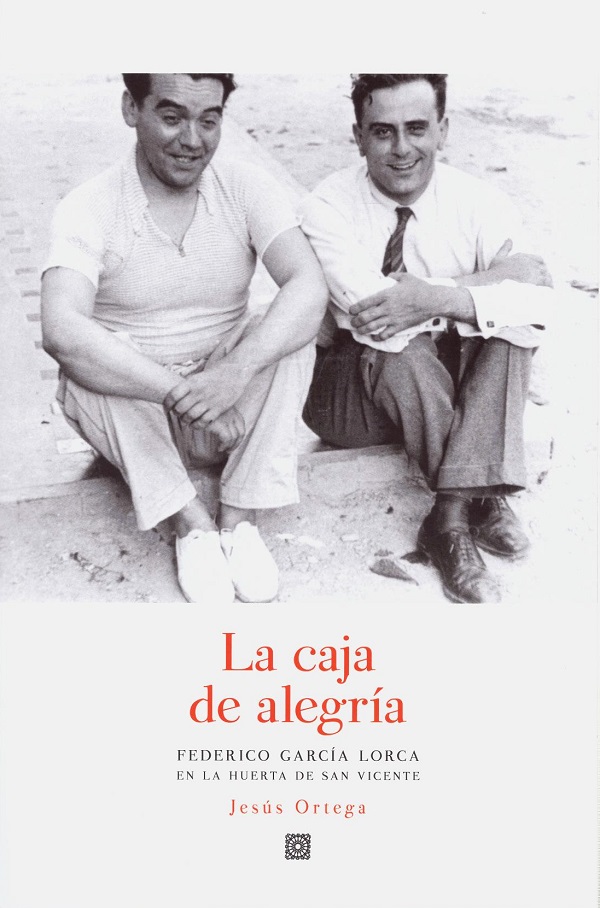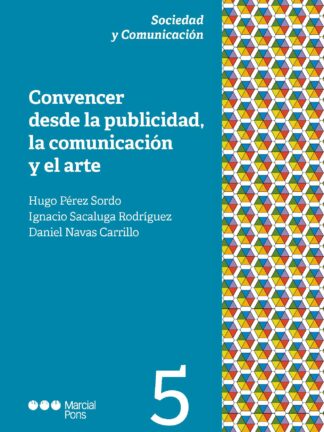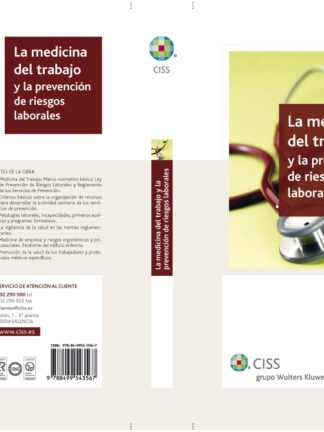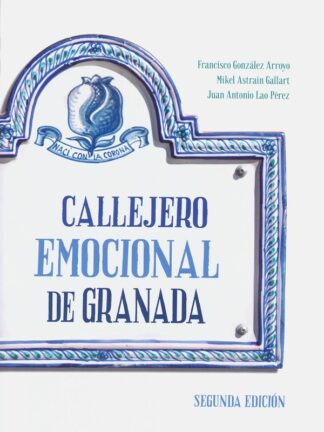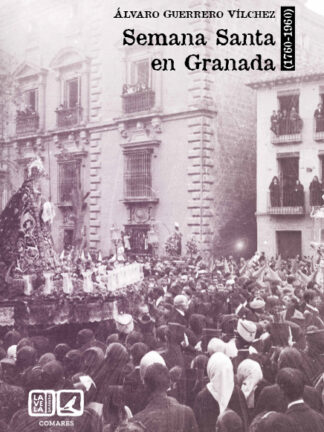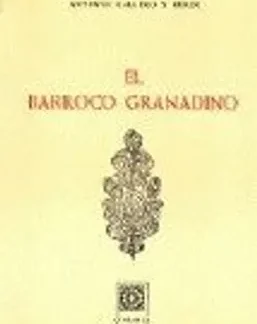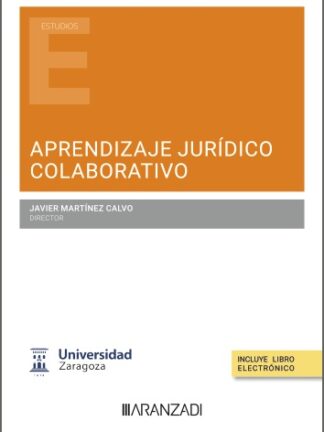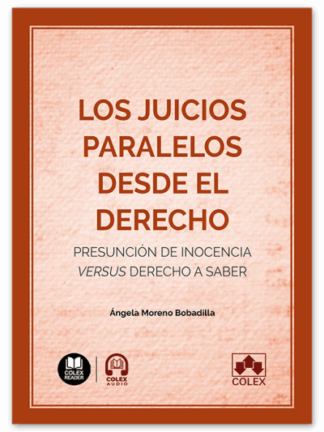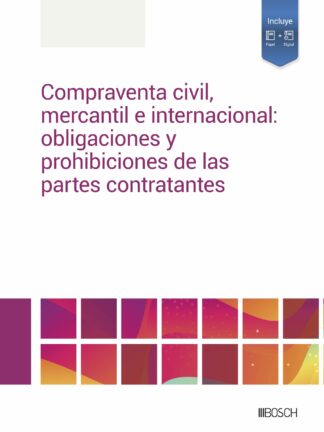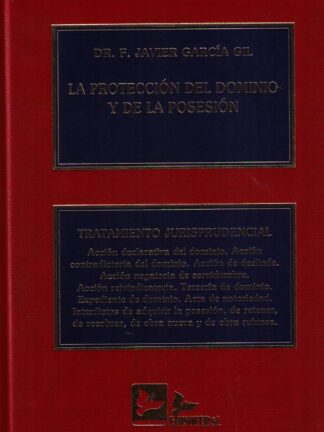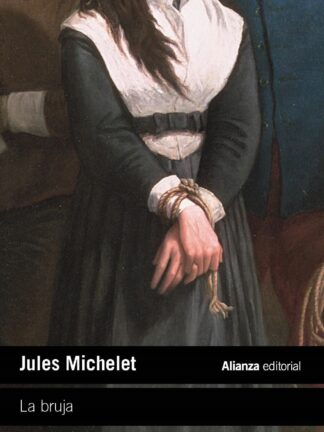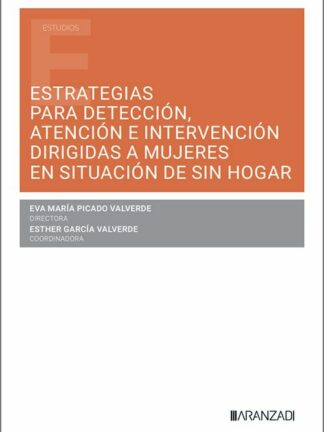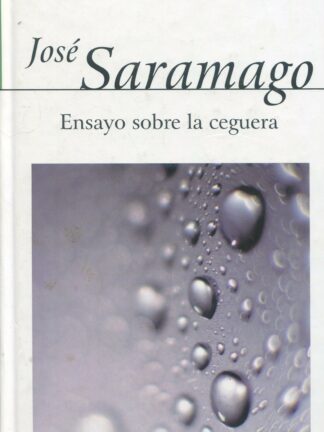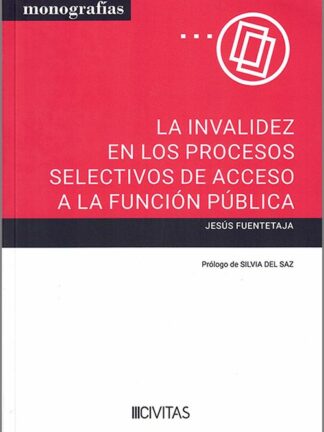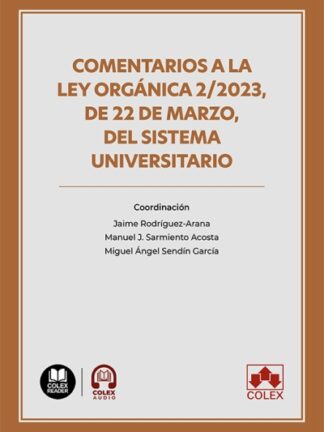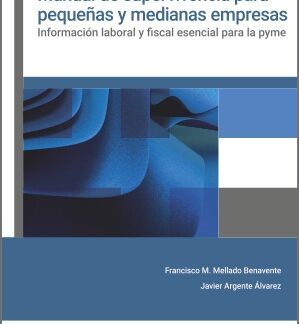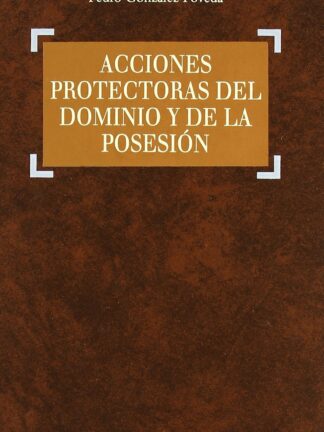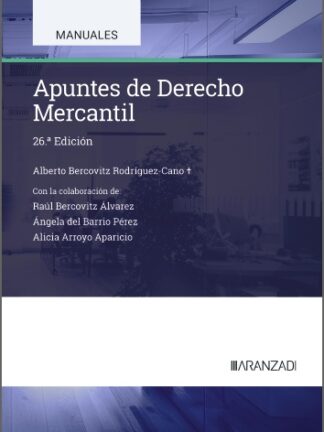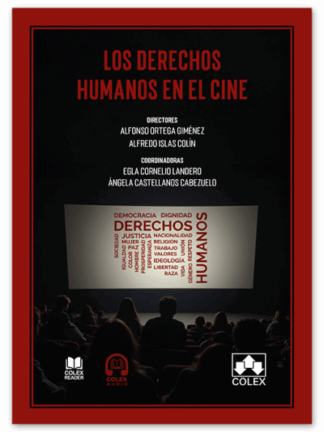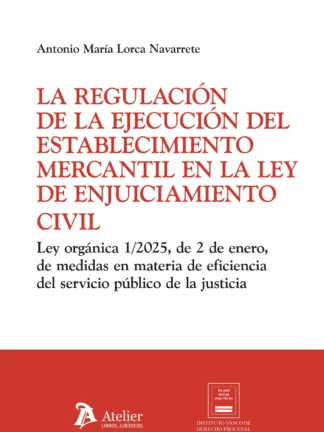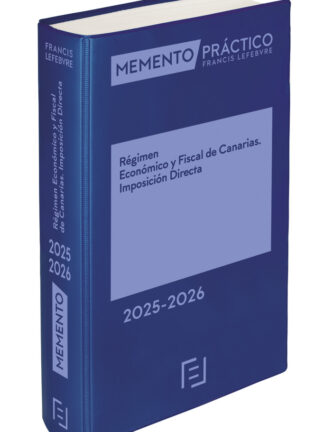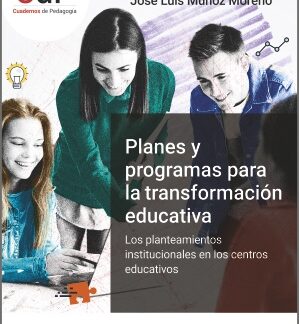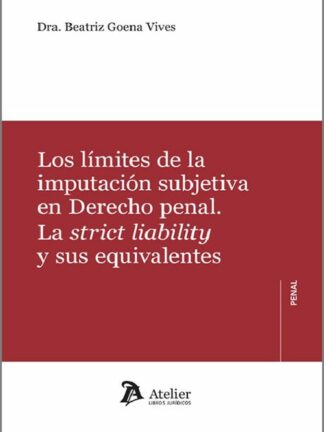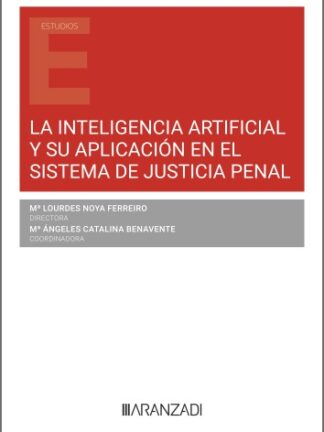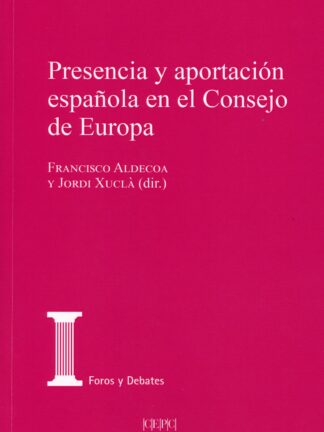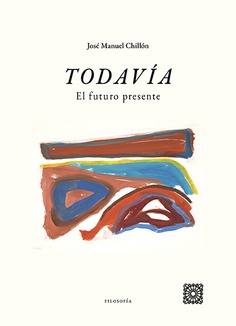Descripción
En 1925 la familia García Lorca compró una casa de campo de paredes blancas, con jardín, huerto y casi dos hectáreas de tierra bañada por el agua de las acequias. La llamaron Huerta de San Vicente. Enseguida se convirtió en el refugio que el poeta necesitaba para escribir con tranquilidad. Verano a verano fueron fueron surgiendo de su escritorio decenas de cartas a sus amigos y algunas inolvidables obras maestras. Lorca se encontraba en la Huerta de San Vicente cuando en el verano de 1936 estalló la guerra civil española.
La caja de alegría es la biografía de un lugar legendario, marcado por su relación con la vida, la obra y la muerte de Federico García Lorca. El relato abarca casi todo el siglo XX, desde la cotidianidad familiar de una casa de verano de la Vega de Granada hasta su progresiva conversión en lugar de memoria y en patrimonio cultural.
¿Qué obras se escribieron realmente allí y en qué circunstancias? ¿Qué sucedió con la familia durante los años de la guerra? ¿Quiénes eran y cómo vivían los guardeses, las sucesivas familias contratadas para cuidar de las tierras? ¿En qué clase de silencio se abismó la Huerta durante el primer franquismo y qué papel ejercieron en su protección los primeros hispanistas extranjeros que acudieron a visitarla? ¿Cómo se salvó del derribo y qué vicisitudes tuvo que sortear hasta su protección definitiva en forma de museo?
Con abundante información desconocida hasta la fecha, Jesús Ortega explora vidas y paisajes para construir con ellos un ensayo apasionante que se lee como una novela y que es a la vez profundo y riguroso en su ambición investigadora.
VOLUME 1 METHODOLOGY AND CONCEPTS
1: The Future of Law and Economics, Gary Becker and Richard Posner
Part I: Methodology and Foundations
2: Economic Models of Law, Thomas J. Miceli
3: Empirical Law and Economics, Jonah B. Gelbach and Jonathan Klick
4: Bounded Rationality, Behavioral Economics, and the Law, Christine Jolls
5: Experimental Economics and the Law, Sean P. Sullivan and Charles A. Holt
6: Experimental Psychology and the Law, Tess Wilkinson-Ryan
7: Social Psychology and the Law, Janice Nadler and Pam A. Mueller
8: Evolutionary Law and Economics, Georg von Wangenheim
9: Public Choice Theory and Legal Institutions, Daniel A. Farber
10: Constitutional Economics and the Law, Stefan Voigt
11: Law, Economics, and Positive Political Theory, Emerson H. Tiller
12: Contractarian Perspectives in Law and Economics, Georg Vanberg and Viktor Vanberg
13: Austrian Perspectives in Law and Economics, Shruti Rajagopalan and Mario J. Rizzo
14: Moral Philosophy and Law and Economics, Brian H. Bix
15: Critiques of Law and Economics, David M. Driesen and Robin Paul Malloy
Part II: Concepts and Tools
16: Income Redistribution through the Law, Chris William Sanchirico
17: Cost-Benefit Analysis in Legal Decision-Making, Richard O. Zerbe
18: Well-Being and Public Policy, John Bronsteen, Christopher Buccafusco, and Jonathan S. Masur
19: Value-Driven Behavior and the Law, Tom R. Tyler
20: Ex Ante vs. Ex Post, Donald Wittman
21: Carrots vs. Sticks, Giuseppe Dari-Mattiacci and Gerrit DeGeest
22: Law and Social Norms, Emanuela Carbonara
23: Mechanism Design and the Law, Werner Güth
24: Collective Decision Making and Jury Theorems, Shmuel Nitzan and Jacob Paroush
VOLUME 2: PRIVATE AND COMMERCIAL LAW
Part I: Private Law
1: Economics of Contract Law, Douglas Baird
2: (In) Efficient Breach of Contract Law, Daniel Markovits and Alan Schwartz
3: Economics of Tort Law, Jennifer Arlen
4: Estimating Pain and Suffering Damages, Ronen Avraham
5: Medical Malpractice, Ronen Avraham
6: Economics of Property Law, Henry E. Smith
7: Commons and Anticommons, Michael Heller
8: Economics of Intellectual Property Law, Robert P. Merges
9: Trademarks and Unfair Competition, Clarisa Long
10: Law and Economics of Information, Tim Wu
11: Open-Access and Information Commons, Yochai Benkler
12: Family and Household Economics, Amy Wax
13: Economics of Remedies, Ariel Porat
Part II: Corporate, Commercial and Environmental Law
14: The Economic Nature of the Corporation, Lynn Stout
15: Market for Corporate Law, Roberta Romano
16: Law and Economics of Agency and Partnership, George M. Cohen
17: Banking and Financial Regulation, Steven L. Schwarcz
18: Economics of Bankruptcy, Michelle White
19: Law and Economics of Insurance, Daniel Schwarcz and Peter Siegelman
20: Economics of Environmental Law, Michael A. Livermore and Richard L. Revesz
VOLUME 3 PUBLIC LAW AND LEGAL INSTITUTIONS
Part I: Constitutions, Statutes, and Regulations
1: Optimal Constitutional Structure, Richard A. Epstein
2: Design of Constitutions, Tom Ginsburg
3: Democratic Rulemaking, John M. de Figueiredo and Edward H. Stiglitz
4: Regulatory Decision-Making and Economic Analysis, Mariano-Florentino Cuellar and Jerry L. Mashaw
5: Economics of Federalism, Robert P. Inman and Daniel L. Rubinfield
6: Economics of Tax Law, Daniel Shaviro
Part II: Civil Process and Litigation
7: Judge-Made Law and the Common Law Process, Ben Depoorter and Paul H. Rubin
8: Economics of Civil Procedure, Robert G. Bone
9: Law and Economics of Evidence, Chris W. Sanchirico
10: Economics of Litigation, Bruce Kobayashi
11: Settlement and Trial, Andrew F. Daughety and Jennifer F. Reinganum
12: Legal Fees and Lawyers’ Compensation, Winard Emons
13: The Legal Profession and the Market for Lawyers, Albert Yoon
14: Law and Economics of Alternative Dispute Resolution, Talia Fisher
Part III: Crime and Punishment
15: Economics of Criminal Law: Crime and Punishment, Isaac Ehrlich
16: Economics of Criminal Procedure, Keith N. Hylton
17: Guns and Crime, Anthony A. Braga
18: Prosecutorial Strategies, Roger Bowles
Part IV: Beyond National Legal Systems
19: Economics of Ancient Legal Systems, Geoffrey Parsons Miller
20: Economics of Legal History, Daniel Klerman
21: Economics of International Law, Alan Sykes and Andrew Guzman
22: Enforcement of International Law, Paul B. Stephan
23: International Finance and Sovereign Debt, W. Mark C. Weidemaier and Mitu Gulati
24: Economics of International Organizations, Joel P. Trachtman
25: Choice of Law and Conflict of Laws, Erin O’Hara O’Connor
Jesús Ortega vive en Granada, en cuya universidad se licenció en Filología Hispánica. Desde 2015 es responsable del programa Granada Ciudad de Literatura Unesco y en la actualidad es también profesor en el Máster de Creación Literaria de la Universidad de Granada. Ha publicado los libros de cuentos Calle Aristóteles (Cuadernos del Vigía, 2011; finalista del Premio Setenil) y El clavo en la pared (Cuadernos del Vigía, 2007), y participado en antologías como Pequeñas resistencias 5. Antología del nuevo cuento español 2002-2010 (Páginas de Espuma, 2010, con edición de Andrés Neuman) y Siglo XXI. Los nuevos nombres del cuento español actual (Menoscuarto, 2010, con edición de Fernando Valls y Gemma Pellicer). En 2016 publicó Proyecto Escritorio (Cuadernos del Vigía), un estudio sobre poéticas del espacio de autores contemporáneos en lengua española. Ha comisariado las exposiciones Álbum. Una hisoria visual de la Huerta de San Vicente (2015) y Querida comadre. Lorca y Argentinita en la danza española (2016). Suya es la edición, junto con Víctor Fernández, de Impresiones y paisajes, de Federico García Lorca, publicada en 2018 por Biblioteca Nueva.

